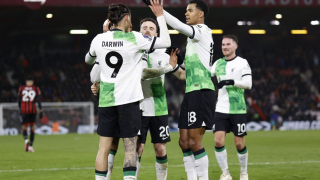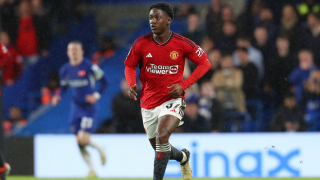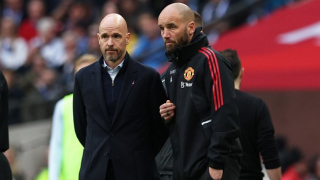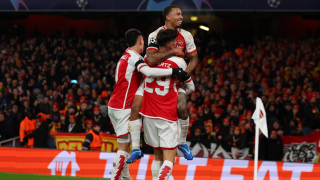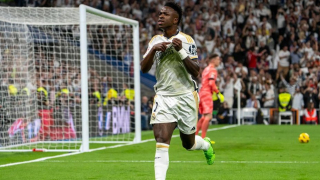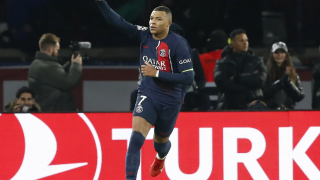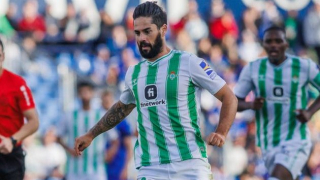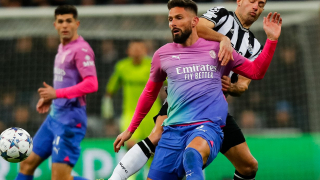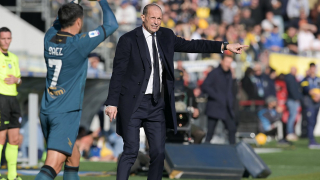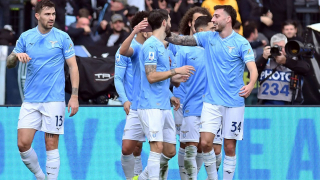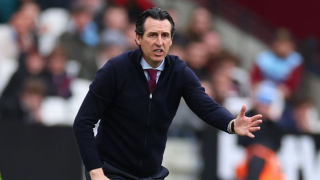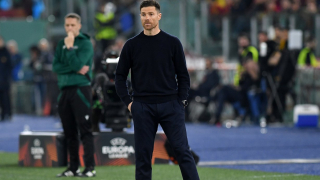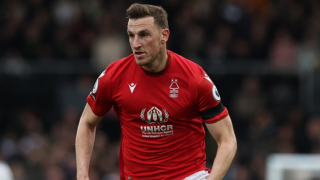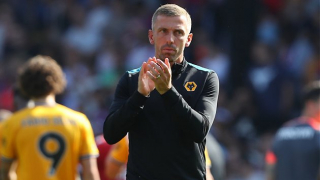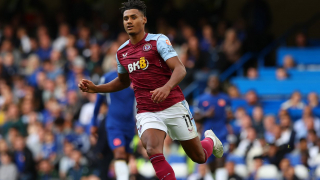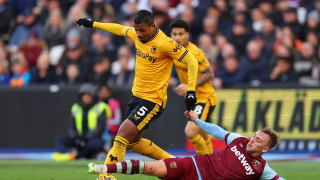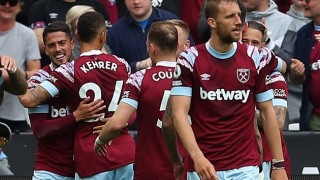Money makes the world go round. And, as we have seen with the credit crunch and the global financial meltdown it precipitated, the money doesn't actually have to stop to plunge the world into a tailspin. Its supply merely has to slow to cause panic on the stock market, fear and loathing on Main Street, and confusion in political circles. It would be naive at best, and stupid at worst, to believe that the Wall Street disaster and the ensuing tsunami of economic grief it brought forth would have no impact on the sports world, but how much, where and quite how, is yet to be quantified.
On the evidence so far, certainly at the top levels of football, it does not appear to have caused too much impact.
American International Group, the financial behemoth whose AIG initials adorn the front of European champion Manchester United's shirt, was plunged into dire straits early in the market mayhem but it was deemed just too big an institution to be allowed to fail by US administrators. Fearing huge collateral damage, the US Federal Reserve injected US$85 billion to prop the flailing insurer up - much, no doubt, to the relief of Manchester United, which has a four year £56.5 million sponsorship deal with the ailing giant. Quite how that deal will pan out remains unclear, because just as they announced the cash injection, American legal officials said the FBI was investigating the New York-based insurer for potential fraud.
Whatever happens there, AIG shares have taken a hiding on the bourse, dropping to US$3.95 at the start of October, having traded as high as $70.13 a year earlier, when talk of the US subprime crisis began to cloud the economic landscape. It seems impossible to imagine that somewhere down the line those kind of numbers won't have an effect on the company's marketing and sponsorship outlook, if not during the course of this deal then subsequently.
But then, would that all really matter to Manchester United. The Reds from Old Trafford are the biggest brand name in world football, and while the financial sector may be taking a battering there are large companies in other areas of the economy who would jump at the chance to get into bed with the plutocrats of the Premiership, who can offer unrivalled brand exposure, especially to the burgeoning Asian market.
To a large extent the big leagues of the world are insulated by having locked in deals signed before the economic disaster hit.
The EPL, the biggest of them all, inked a £2.7 billion deal with BSkyB which still has two more years to run, so the core funding should be secure.
Chelsea is nowadays almost as big a brand name as United, and Samsung, the Korean electronics giant, is expected to stick fast. While consumer sentiment across the developed world may weaken as a result of recession and economic downturn, computers, televisions, MP3s and other consumer electronic products are so much a part of our wired world that is unlikely their sales will crash. Of course clubs will have to be more careful, but the likes of Arsenal - who have a long term relationship with Dubai based Emirates Airlines - will probably not be too affected.
The airline industry may be vulnerable, but the Middle East is awash with petro dollars - as the amazing takeover of Manchester City by the Abu Dhabi United Group for Development and Investment (ADUG) demonstrated. Elbowing Thai billionaire Thaksin Shinawatra aside with aplomb, the Sheiks completed a £200 million takeover - small change for them really - and promptly sparked a wave of hyper inflation speculation by suggesting they would happily shell out £135 million to prize Cristiano Ronaldo away from Manchester United.
But what if you don't have an Arab squillionaire as a sugar daddy?
Money isn't everything, as Wigan demonstrated when they beat City at the end of September, but leading British clubs clearly feel they can't compete these days if they don't have a billionaire of their own, as Everton chairman Bill Kenwright recently mourned when he pleaded for a member of the world's hyper rich club to come in and takeover the Toffees.
He may yet get his wish, as reports from the UK in late September suggested he was negotiating with Indian Anil Ambani, the sixth richest man in the world with a reputed fortune of US$20 billion, over a deal to secure the future of the club.
Crisis? What crisis?
Michael Lynch is chief soccer writer of The Melbourne Age and a contributor to The Sydney Morning Herald.

